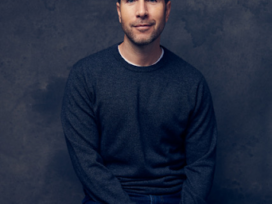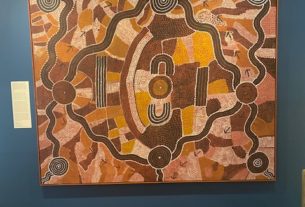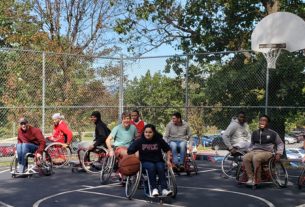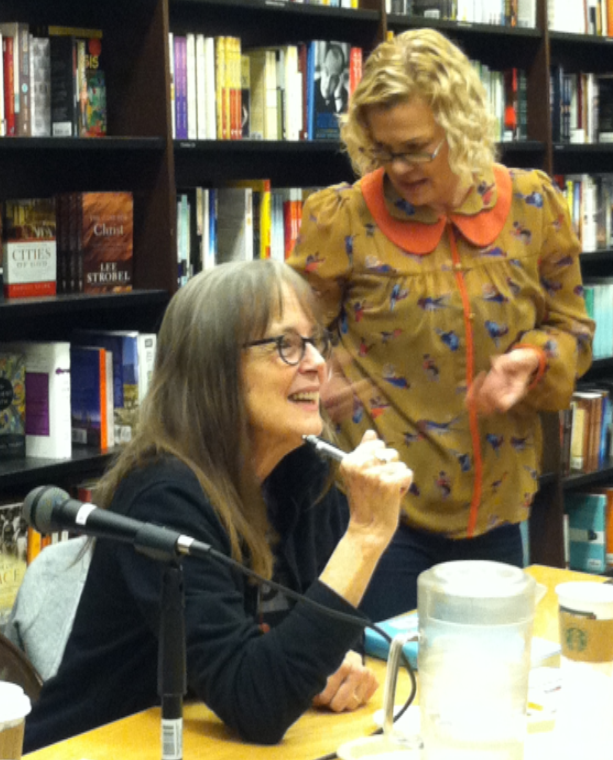PVCC Hosts Deliberative Dialogue
On March 24, a diverse assortment of faculty members and students gathered on Zoom for PVCC’s Deliberative Dialogue, “A House Divided,” as part of PVCCs’s recent Civic Engagement Conference. The National Issues Forums Institute (NIFI) is a nonprofit, nonpartisan organization that publishes issue guides for deliberative dialogues. NIFI defines “deliberation” in the context of these dialogues as, “a process of thoughtfully weighing options … an unbiased kind of talking that starts where the problem starts—with your experience of it. It’s not a bunch of abstract backroom negotiations, but real, genuine, human struggles of which we are a part.”
This is what a deliberative dialogue is hoping to achieve. Attendees’ reasons for participating ranged from those planning to go into politics as a career to those who simply wanted to learn more about different perspectives. Participants were sorted into two Zoom breakout rooms to make it easier for everyone to get a chance to talk, as a deliberative dialogue is designed to encourage talking; though, as co-host of the dialogue and PVCC English Professor Jennifer Koster said, “Listening is as important as speaking.”
Even with the emphasis on listening, there was hardly a silent moment, though there were no arguments or raised voices. Questions were encouraged and answered kindly, clashing opinions were mutually considered, and multiple points of view were presented on each proposed solution to the issue.
“We all learned about seeing different points of view. A lot of things came up that I hadn’t thought of,” said Paula Morales, a student who attended the dialogue.
The dialogue’s topic of deliberation was “A House Divided: What Would We Have to Give Up to Get the Political System We Want,” and the dialogue focused heavily on how to fix the inflammatory rhetoric that saturates America’s current political system. There were three proposed solutions to this issue, with each solution given its own list of upsides and drawbacks. Solutions included adding more moderation to online spaces, making news organizations give equal amounts of time to different candidates and parties, and giving more power to local governments to make laws as they see fit for their individual citizens. The dialogue overall lasted approximately an hour and a half, with each proposed solution given an approximately equal amount of time.
When the time for deliberation was up, participants were once again ushered into the main meeting room. There was time for closing thoughts, so the note takers for each group and many of the respective group’s participants shared their comments, compliments, and conclusions. While the conclusions were not the most solid, there was a general agreement that it was a positive experience for the participants, and it opened, and even changed, some people’s minds. Koster agreed with this sentiment, saying “learning more about how others think is one of the most interesting parts of a forum.”
For those interested in learning more about deliberative dialogue, the National Issues Forums Institute’s website has a variety of resources. For more information on this deliberative dialogue issue, visit the issue guide page.







